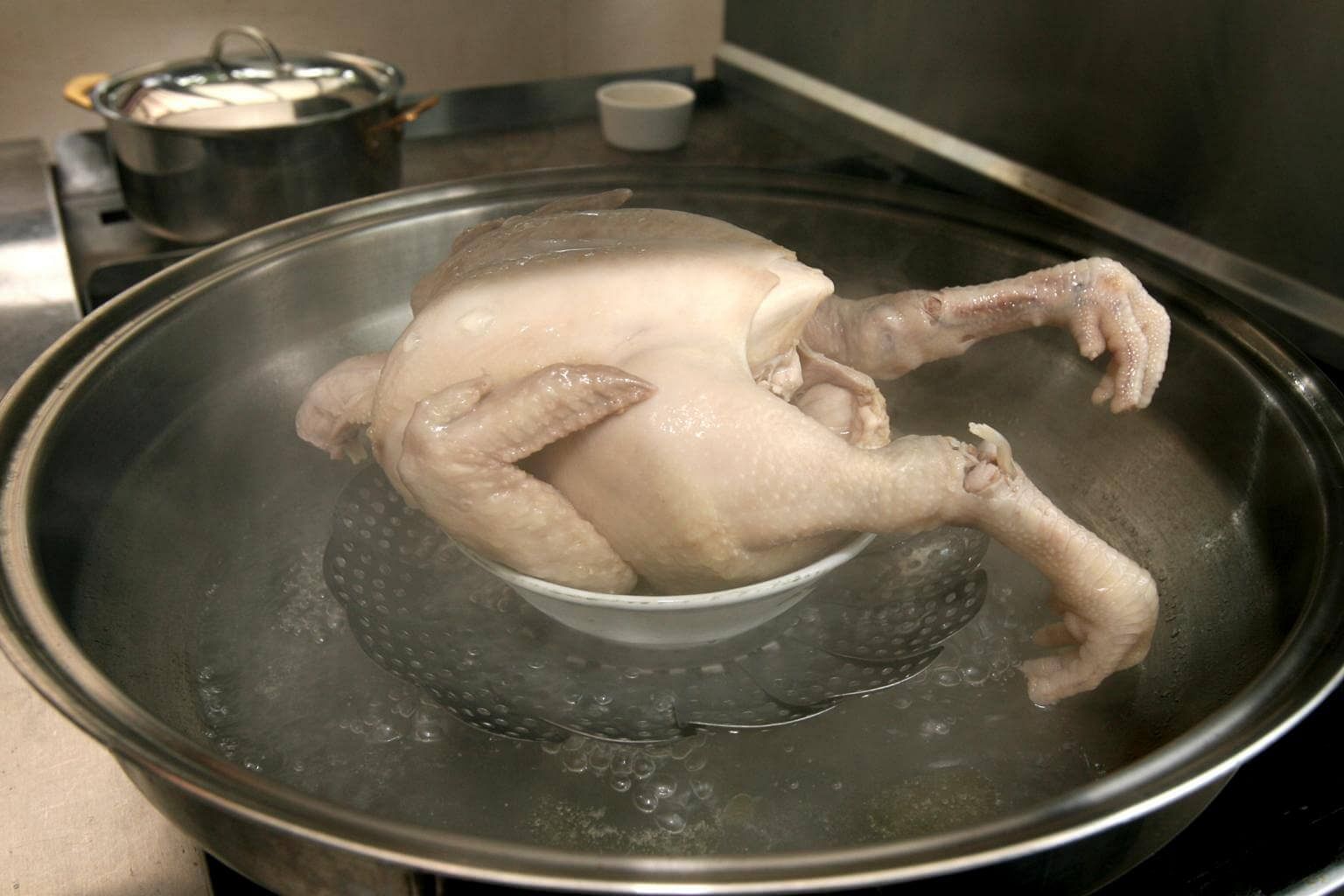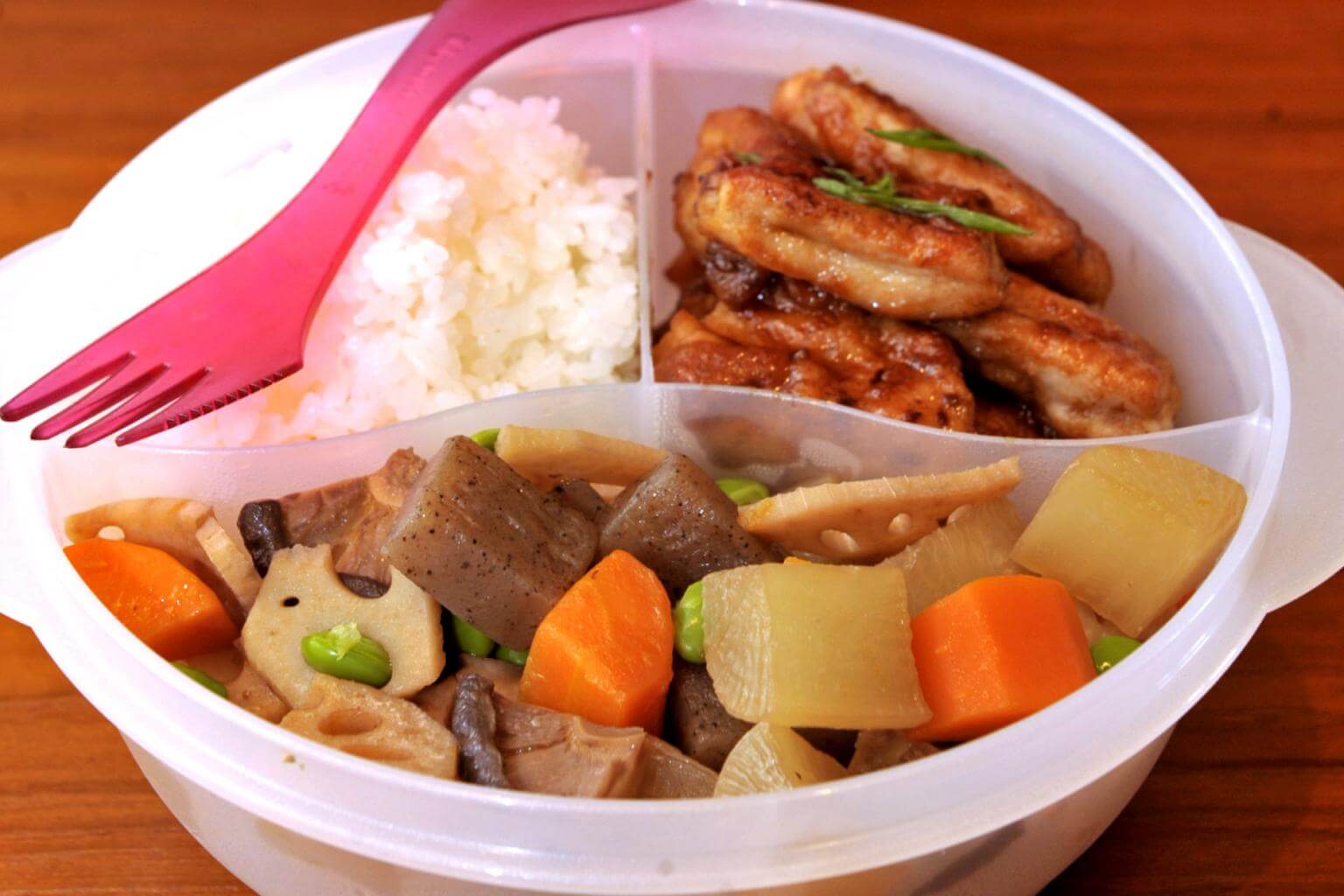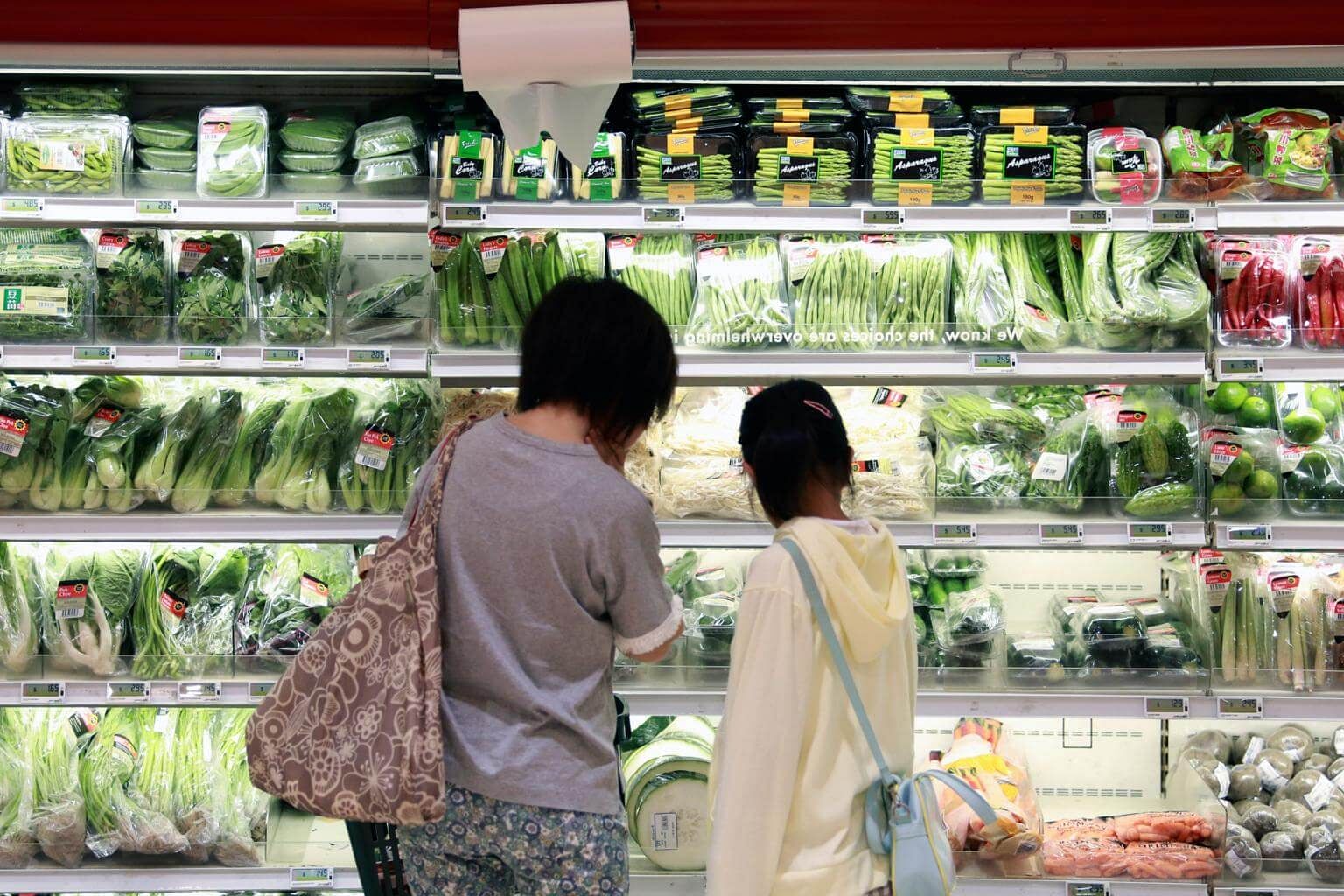Eating healthy is all the rage these days, after Prime Minister Lee Hsien Loong made it one of the key topics of his National Day Rally speech in August.
The topic spilled over to Parliament on Tuesday (Oct 3), when several Members of Parliament raised questions over why the healthier food option often costs more.
Mr Chong Kee Hiong (Bishan-Toa Payoh GRC) cited a kaya spread, the regular version of which costs $2.95, while the version with lower sugar content costs $3.95.
In response, Senior Minister of State for Health Chee Hong Tat said healthier foods on supermarket shelves sometimes cost more because demand is low and such products are not being manufactured on a large scale.
But eating healthy does not mean having to buy such products, he added.
Here are some tips on how to eat healthy on a budget.
1. Choose healthier food preparation methods

When cooking your own meals, choose food preparation techniques that use less oil, salt and sugar. For example, you can choose steaming, instead of deep-frying, said Mr Chee.
Other healthier methods include microwaving, which cooks food by heating from the inside out. Because microwave cooking times are shorter, this results in minimal nutrients being destroyed in the cooking process, according to Havard Health Publishing.
To prevent food from drying out, add a minimal amount of water before heating, or place a wet paper towel over the dish.
Just make sure the dish you use to cook your food in is safe for microwave heating.
If you do not have a microwave, try boiling, grilling or stir-frying with minimal oil in the pan.
2. Pack your own lunch

Eating out at hawker centres regularly is not ideal if you are aiming for a healthy diet. Instead, why not cook your own meals?
The first step to cooking your own healthy meals is to plan what you are going to eat for the week ahead - and stick to it.
After shopping for groceries for the coming week, try preparing your lunches in bulk. This sets you up for the whole week, with just one day of cooking.
3. Freeze fresh produce

Keep an eye out for discounts on fresh produce at the supermarket and stock up when there is a good deal.
If you buy more than you can use for the week, freeze the fruits or vegetables so they last longer.
Or consider buying frozen produce such as berries or broccoli. Frozen produce is usually just as nutritious as its fresh counterparts, and is available all year round.
It also usually requires less preparation time.
4. Replace meat with other proteins

Eating less meat not just helps you to save money, but is also good for your health.
You do not have to go full-on vegetarian. Try easing into a less meat-intensive diet by supplementing your meals with other protein sources such as tofu, eggs and legumes.
Then, when you are ready, try replacing meat with these alternative protein sources on one or two days of the week.
These alternative sources of protein are relatively cheap and equally nutritious. They also have the added advantage of having a longer shelf life.
5. Drink water

If all else fails, the easiest way to kickstart a healthy diet is to stop ordering sugary drinks when eating out.
According to the Ministry of Health, 60 per cent of Singaporeans' total sugar intake comes from sugary beverages, including soft drinks and juices, as well as coffee and tea.
The average Singaporean has an intake of more than 1,500 teaspoons of sugar - or more than 7kg - from prepacked sugar-sweetened beverages in a year.
Instead of turning to these sugary drinks, take your own water bottle with you every time you head out to eat.
Sources: The Straits Times, Havard Health Publishing, TIME, Healthline


